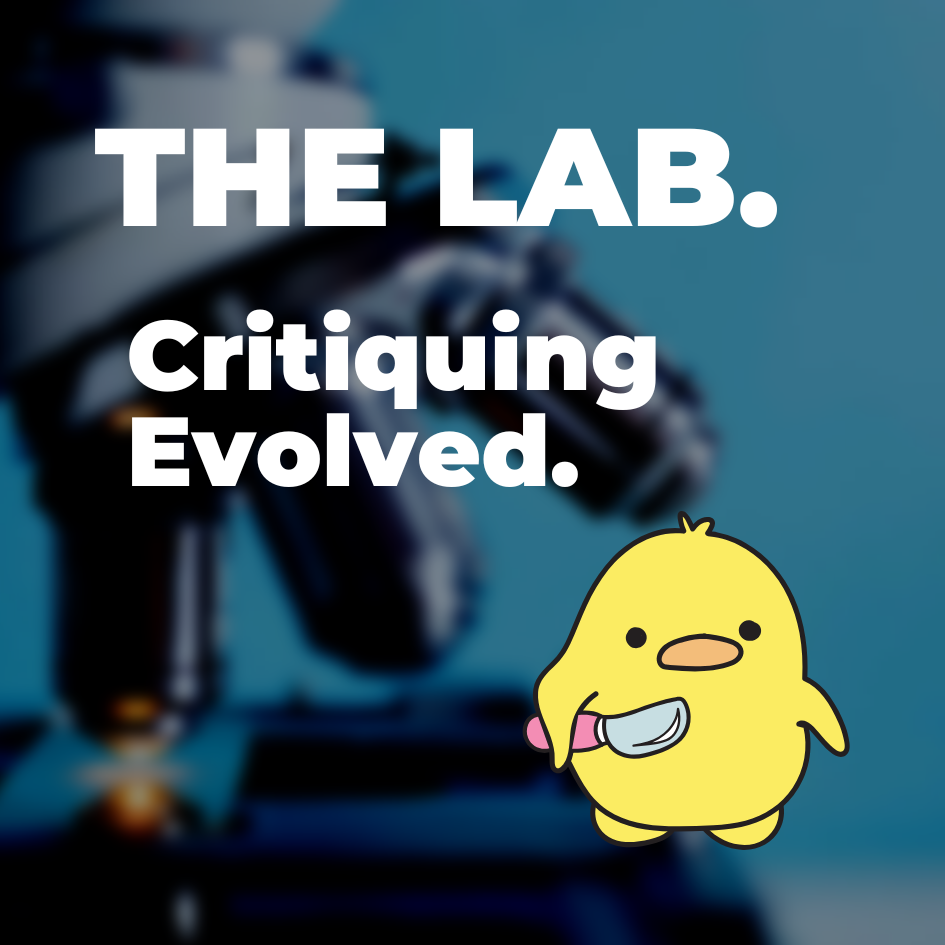Paul Whybrow
Full Member
It always helps a protagonist in a novel, if they're comfortably off. Money is a great aphrodisiac, encouraging intimacy in luxurious surroundings, not to say kinkiness that would be rejected if proposed by a road sweeper!
And if things turn brutal, being able to afford weaponry, the latest technology, vehicles and the wages of disposable soldiers will provide more thrills for the reader than some lone tough guy with iron fists and a chip on his shoulder.
It slows things down if your hero has to work a 9-5 job. Much of Fantasy and Science Fiction story-telling sees the protagonist cushioned by the efforts of serfs or technological support teams.
Even ordinary-looking characters are given social cachet by money. I recently enjoyed James Oswald's first Detective Inspector Tony McLean novel, Natural Causes, one of a series featuring an Edinburgh copper. Fourteen chapters into the story, he learnt that his recently deceased grandmother has left him a fortune of £5,000,000 in shares and property.
My own Cornish Detective, Detective Chief Inspector Neil Kettle, is a millionaire from the sale of his deceased parents' farm and a life insurance payout when his wife died in a road traffic accident. He inherited another half-a-million from his father-in-law, (who turned out to be a serial killer), but gave his house away to a charity who operate women's refuges, using income from the investment portfolio to run the place.
He's unimpressed by wealth, his own included, as he's more of a spiritual soul interested in art, music and nature. He's toyed with the idea of packing in his career to become a painter, something which bothers his boss, the Chief Constable, as he's a brilliant sleuth. Being a detective provides him with an intellectual challenge, for he resents the loss of order to society that crimes cause.
I've written two novellas in a series about an American Civil War veteran, who is trying to rebuild his life in the Era of Reconstruction. He's a self-sufficient fellow, a trained blacksmith, but he's helped on his journey by having been left funds, guns and horses by a fellow veteran he assisted in fighting off the KKK, before the man committed suicide. Giving him financial freedom enabled me to keep my protagonist moving, not having to stay static to work a job for money.
Ray Robinson did the same thing with his protagonist in Jawbone Lake, which I've just read, in which a software entrepreneur investigates the mysterious death of his father. His company is up for sale for millions, so he's able to travel at will and help out witnesses damaged by dad's criminal activity.
Forbes business magazine used to publish a list of the wealthiest fictional characters, the last list released in 2013...with the richest fictional character not even human!:
RANKING: Check Out The 15 Richest Fictional Characters
Reading a story is escapism for many, so why would they want to stay in a world with the same financial constraints as their own?
How do your protagonists earn a crust?
Are they independently wealthy or wage slaves?

And if things turn brutal, being able to afford weaponry, the latest technology, vehicles and the wages of disposable soldiers will provide more thrills for the reader than some lone tough guy with iron fists and a chip on his shoulder.
It slows things down if your hero has to work a 9-5 job. Much of Fantasy and Science Fiction story-telling sees the protagonist cushioned by the efforts of serfs or technological support teams.
Even ordinary-looking characters are given social cachet by money. I recently enjoyed James Oswald's first Detective Inspector Tony McLean novel, Natural Causes, one of a series featuring an Edinburgh copper. Fourteen chapters into the story, he learnt that his recently deceased grandmother has left him a fortune of £5,000,000 in shares and property.
My own Cornish Detective, Detective Chief Inspector Neil Kettle, is a millionaire from the sale of his deceased parents' farm and a life insurance payout when his wife died in a road traffic accident. He inherited another half-a-million from his father-in-law, (who turned out to be a serial killer), but gave his house away to a charity who operate women's refuges, using income from the investment portfolio to run the place.
He's unimpressed by wealth, his own included, as he's more of a spiritual soul interested in art, music and nature. He's toyed with the idea of packing in his career to become a painter, something which bothers his boss, the Chief Constable, as he's a brilliant sleuth. Being a detective provides him with an intellectual challenge, for he resents the loss of order to society that crimes cause.
I've written two novellas in a series about an American Civil War veteran, who is trying to rebuild his life in the Era of Reconstruction. He's a self-sufficient fellow, a trained blacksmith, but he's helped on his journey by having been left funds, guns and horses by a fellow veteran he assisted in fighting off the KKK, before the man committed suicide. Giving him financial freedom enabled me to keep my protagonist moving, not having to stay static to work a job for money.
Ray Robinson did the same thing with his protagonist in Jawbone Lake, which I've just read, in which a software entrepreneur investigates the mysterious death of his father. His company is up for sale for millions, so he's able to travel at will and help out witnesses damaged by dad's criminal activity.
Forbes business magazine used to publish a list of the wealthiest fictional characters, the last list released in 2013...with the richest fictional character not even human!:
RANKING: Check Out The 15 Richest Fictional Characters
Reading a story is escapism for many, so why would they want to stay in a world with the same financial constraints as their own?
How do your protagonists earn a crust?
Are they independently wealthy or wage slaves?




